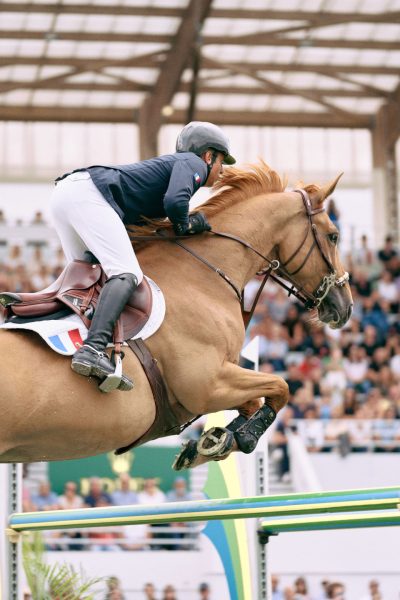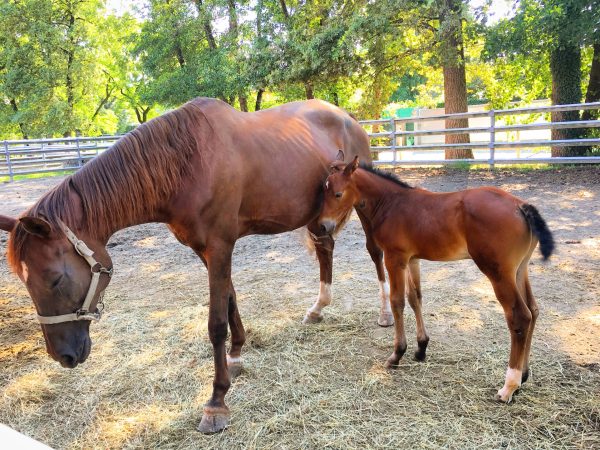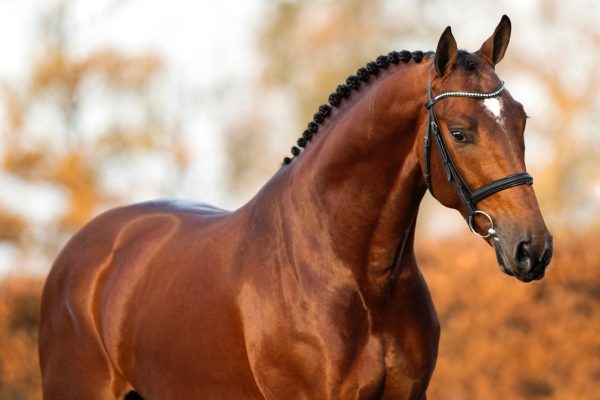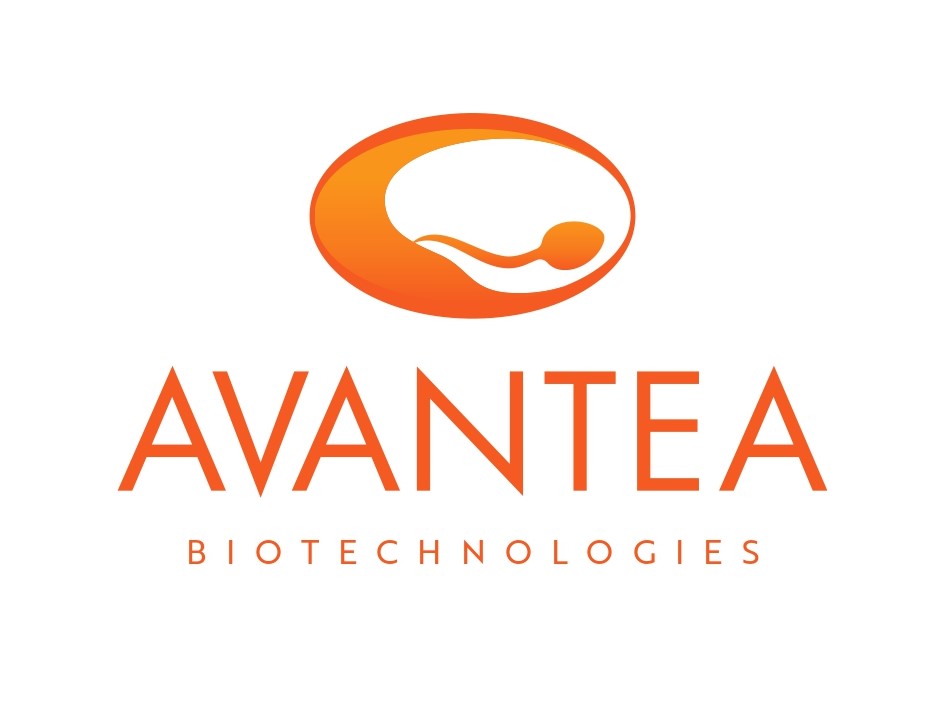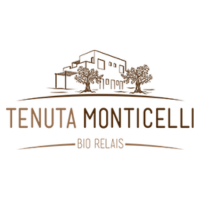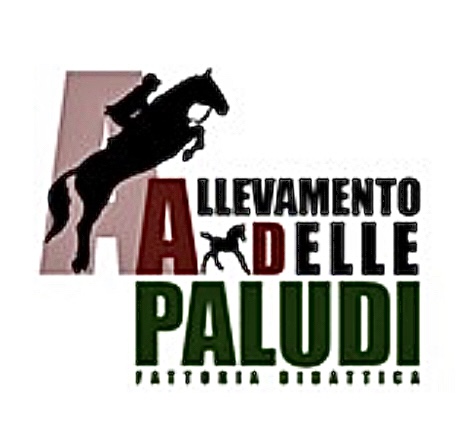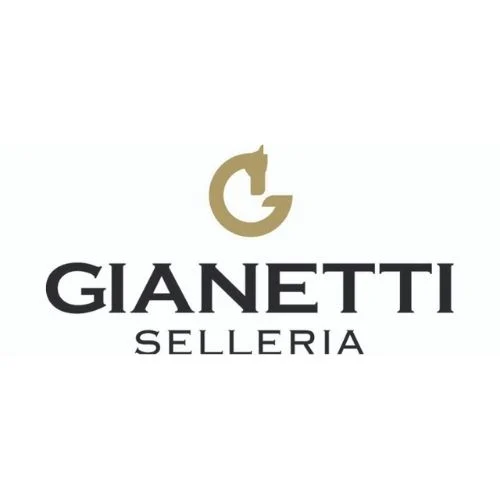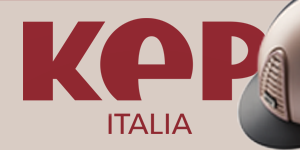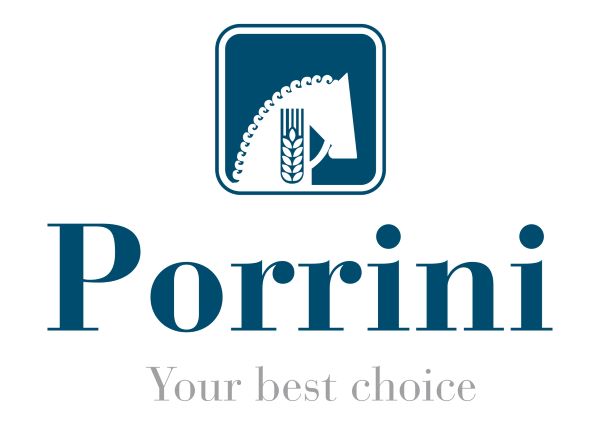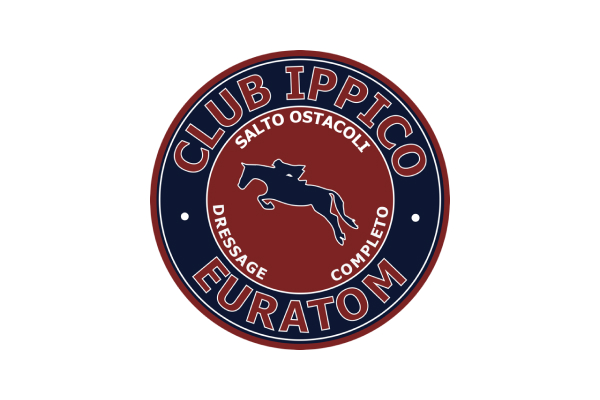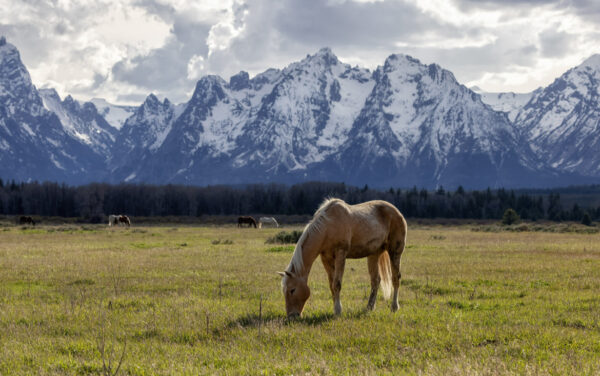
Top Gun’s clone, Top Gun Cryozootech, is ready fot reproduction
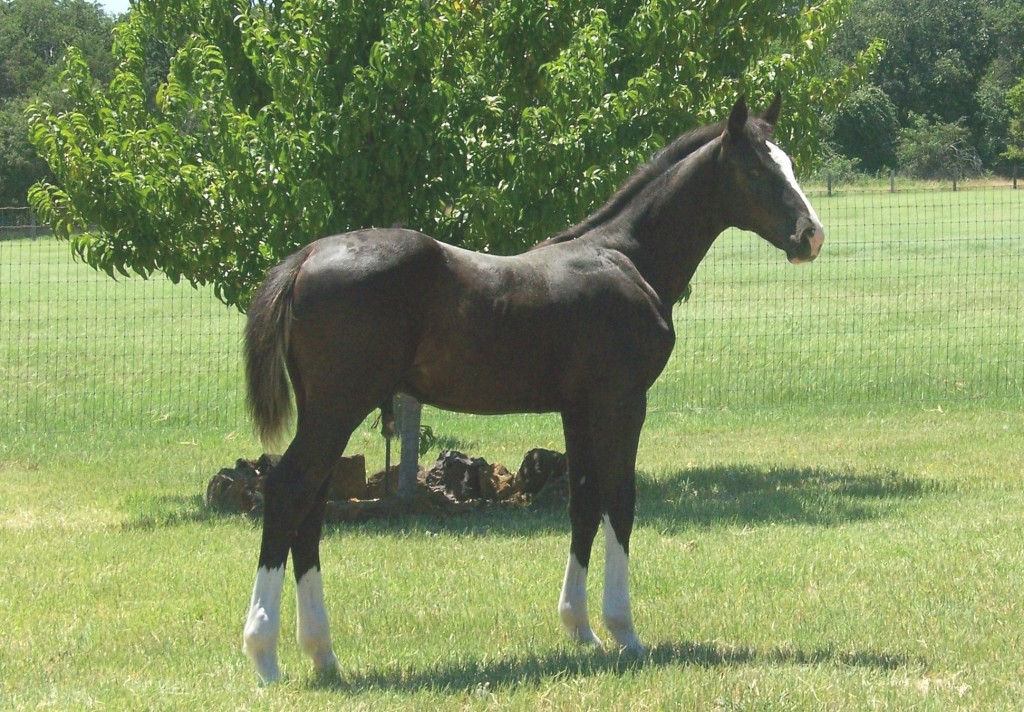
Cloning in the Equine Breeding World
A Debate Between Science and Ethics
The issue of cloning in the equine breeding world raises not only scientific but also ethical questions. There is a discussion about whether it is appropriate to use cloned genetic material from past subjects, as seen in the case of one of the best show jumpers of the 1990s, Top Gun, “brought back to life” thanks to modern medical technology through cloning.
The Case of Top Gun
Top Gun, a Hanoverian born in 1982 from Grannus x Wianka (Winnetou), had an extraordinary career under the guidance of Jan Tops, winning numerous international titles, including the European title and the Olympic gold medal in Barcelona. Despite his retirement from competitions in 1999, his genetic value was not transferred through traditional reproduction, as he was castrated. Hence, the idea of cloning emerged, with the project initiated in 2002 and his clone, Top Gun Cryozootech, born in the United States in March 2010.
Ethical Considerations
The use of cloning raises various ethical questions. Some view cloning as an alteration of the natural process, with the risk that the clone may be deprived of its unique identity. However, breeders believe that cloning can bring benefits to breeding and existing bloodlines. Nevertheless, as the clone’s genetic lineage is new, it is still unclear what results it may produce. Nonetheless, Top Gun Cryozootech is a direct descendant of Grannus, making it an interesting bet for the future of equine breeding.
Potential Benefits of Cloning
Cloning offers unique opportunities to preserve the genetic characteristics of exceptional individuals, such as Top Gun, allowing breeders to continue using their genetic heritage even after their retirement from competitions. This approach could contribute to preserving valuable bloodlines and increasing genetic diversity within the equine population.
Moreover, cloning could expedite the genetic improvement process, enabling breeders to select the best individuals for reproduction with greater precision and speed. This could lead to greater efficiency in producing high-quality progeny, thus contributing to competitiveness and success in the world of equestrian competitions.
Ethical and Scientific Concerns
However, it is essential to consider the ethical and scientific concerns associated with cloning. Genetic manipulation could entail unforeseen risks, such as congenital defects or developmental abnormalities, which could compromise the welfare of cloned animals. Additionally, cloning could reduce the overall genetic diversity of the equine population, increasing the risk of inherited diseases and compromising the resilience and adaptability of the species to environmental and health challenges.
Cloning in the equine breeding world represents a complex debate between potential benefits and ethical and scientific concerns. While the technology offers new possibilities to preserve and improve valuable bloodlines, it is crucial to carefully assess the risks and benefits associated with cloning and adopt ethical and sustainable practices in the use of this technology. It remains to be seen how this innovation will influence the future of equine breeding and what its impact will be on the health and welfare of animals.
© Rights Reserved.




